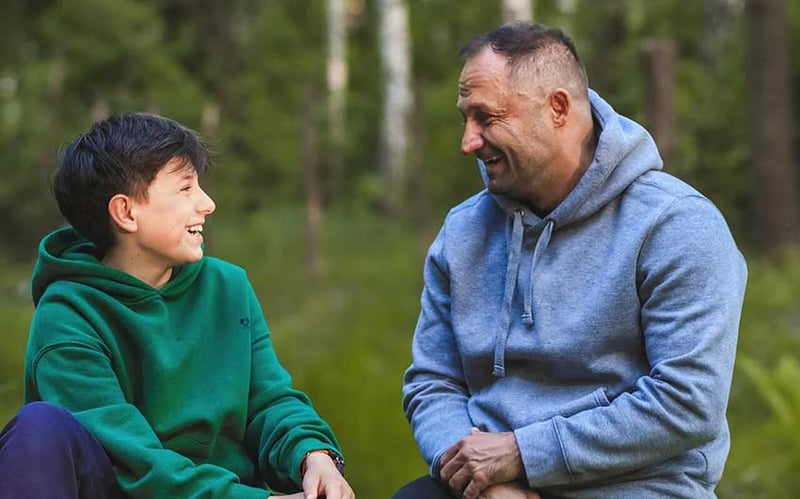Is My Child Drinking? 5 Signs You Shouldn’t Ignore

The temptations of alcohol are seemingly everywhere for teens and young adults. They can be lured to drinking by friends, family, commercials on TV, social media and a host of other sources. It can be easy to try alcohol at a young age.
But trying alcohol at an early age can make a teen or young adult more suspectable to alcohol use disorder or alcoholism. In fact, 29% of high school students admitted to drinking alcohol in the last month, and 14% participated in binge drinking, according to a 2019 federal survey.
Adults who began drinking before 15 years old were 5.6 times more likely to develop an alcohol use disorder compared to those who waited until 21 years old to have their first sip, according to federal data.
But there are some signs parents can look for to help determine if their child is drinking and might have an alcohol use disorder. That way, they can get help early and stop the cycle of addiction.
Mood Changes
Changes in a child’s mood are one way to tell if they are drinking. That could include flare-ups in temper, irritability and defensiveness. But, be careful with changes in mood. Many teens are also undergoing puberty and learning about themselves. Hormonal changes can also lead to mood changes, so it might not be tied to drinking.
School Problems
Another common sign of a child drinking are changes at school. A child might be good a school one year but fell off the next. Alcohol use might be to blame. So, watch out if your child starts to have poor attendance, low grades or disciplinary actions. That could be a sign that your child is drinking.
Nothing Matters Attitude
Does your child have an attitude that nothing matters anymore? Have they lost interest in their appearance? Did they stop activities that used to bring them joy? Have they distanced themselves from friends? All of those could be signs of a nothing matters attitude and a sign that they have started drinking.
Finding Alcohol
One clear sign that your child is drinking is finding alcohol or empty bottles in the house or their room. Some with an alcohol use disorder will try to hide their purchases or bottles from loved ones. That could include burying them in the trash, hiding them in drawers or sneaking them out in a backpack. If you find alcohol containers in your child’s possession, it could be a sign of alcohol use.
Physical problems
There are also numerous physical problems that come from drinking. There are immediate concerns such as slurred speech, bloodshot eyes and unsteadiness on their feet. There are also long-term issues such as mental health issues, insomnia, organ damage and changes to appetite. All could be signs of alcohol use. It’s best to check with a medical professional to make sure there is not some other cause.
What To Do If You Child Is Drinking?
If you suspect your child is drinking, reach out to a medical professional or social worker to determine the next best steps to help your family address the addiction. You can also contact our staff at Stonewater who can discuss the situation and the best course of action.
 By
By

.jpg)

